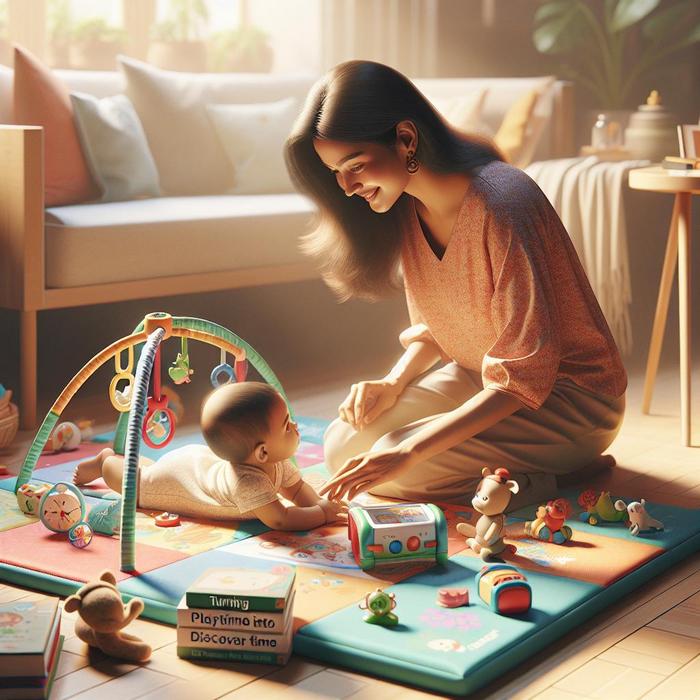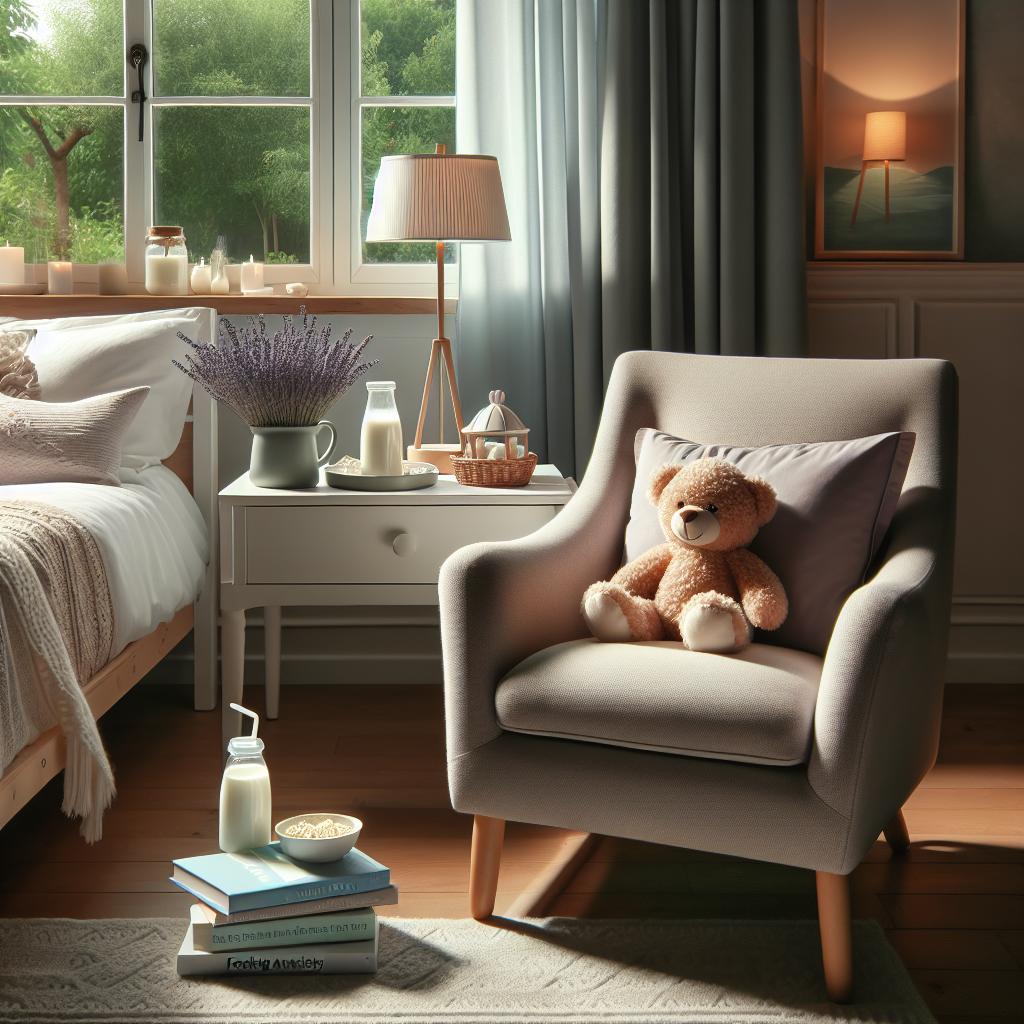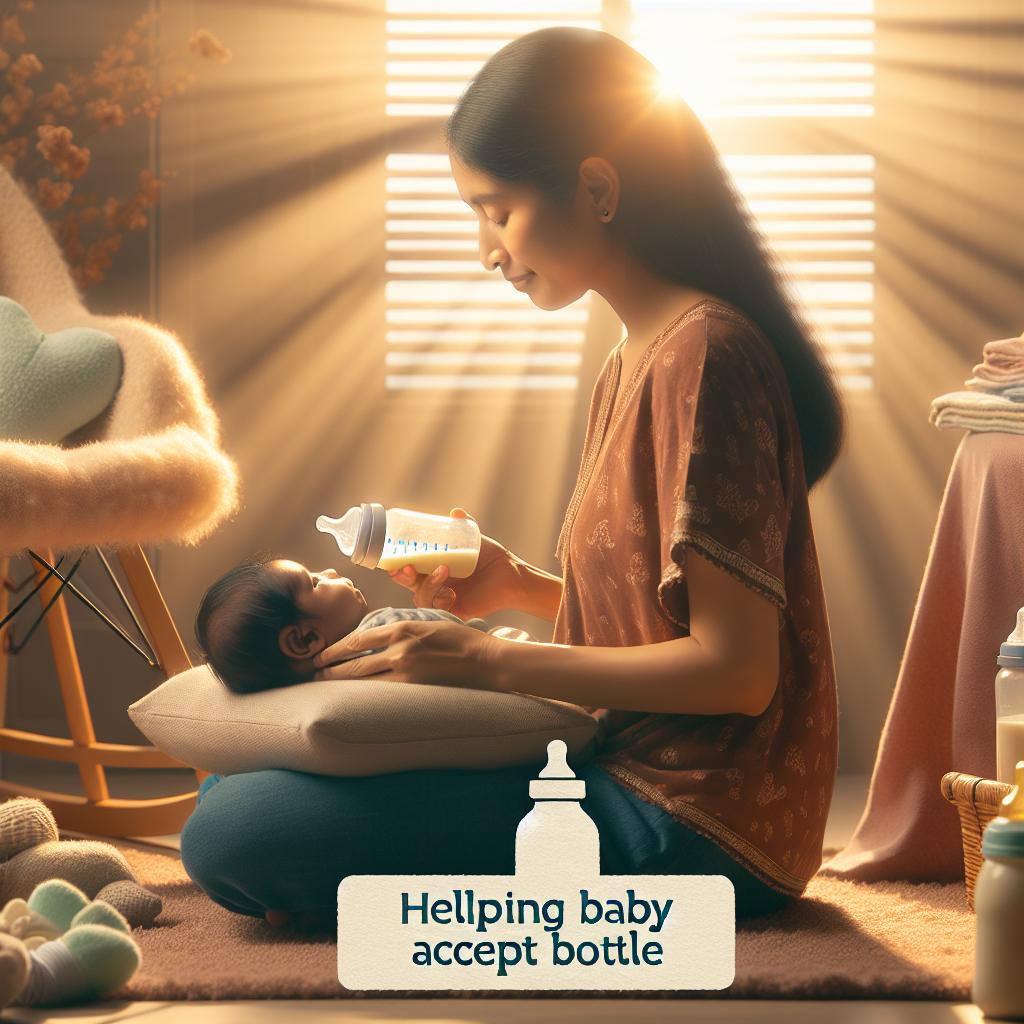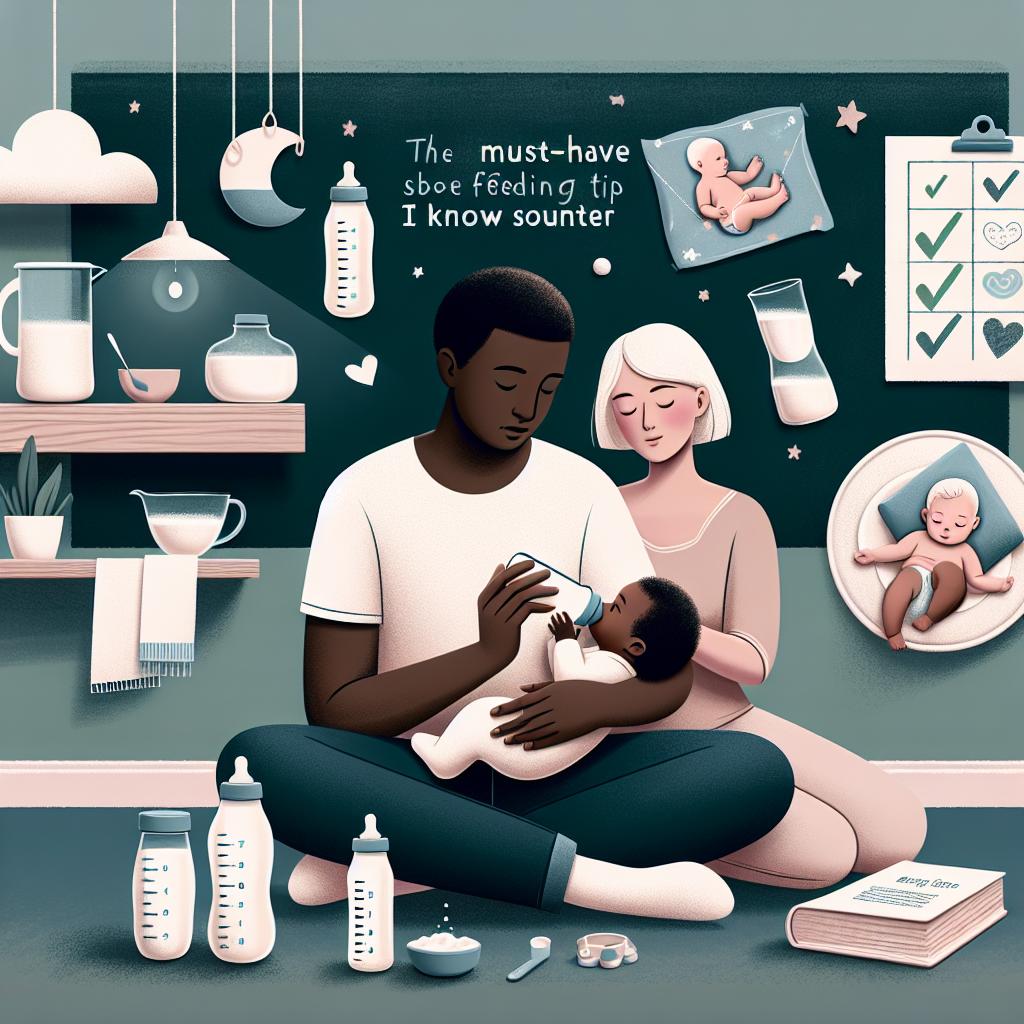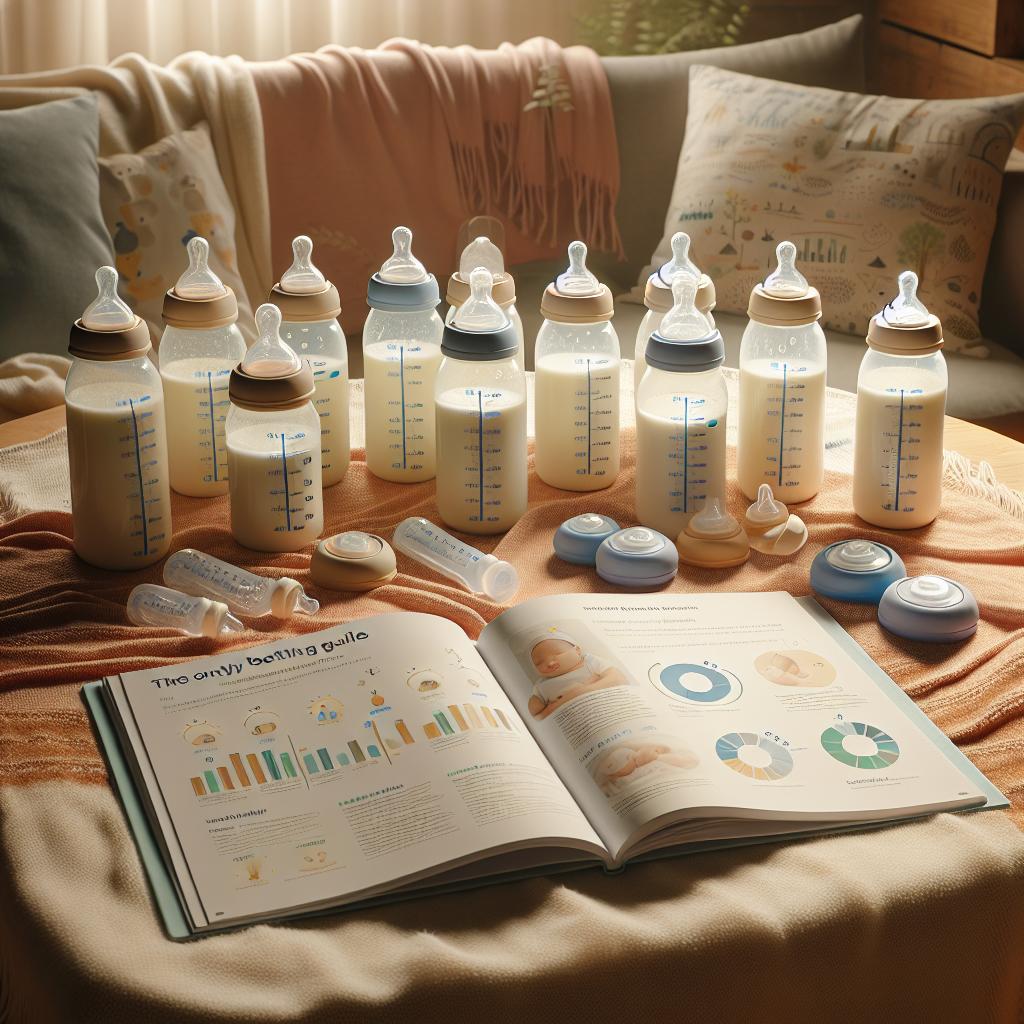Transforming Baby Playtime: A World of Discovery and Learning
An Introduction to Educational Play
Did you know that playtime is not just about having fun for your little one? It is also a golden opportunity for discovery and learning. Babies are born natural explorers. Their curiosity knows no bounds and every interaction with their surrounding environment contributes to their cognitive growth. This is why it is crucial to utilize playtime not just for entertainment but for teaching valuable life skills and stimulating developmental growth. This article walks you through some innovative playtime ideas that will help boost your baby’s learning without compromising fun.
Why Play is Learning
Play is the first form of learning. It is through play that babies and young children explore, discover and understand the world around them. It helps develop various aspects including cognitive, physical, social, and emotional growth. In fact, the Collaborative for Children, an organization that supports early childhood education, offers several insights on how to transform playtime into an enriching learning experience.
Engaging Playtime Ideas to Enhance Learning
There are numerous ways to engage your baby in educational play. Here are some insightful playtime ideas that you can incorporate into your baby’s routine:
- Sensory Play: Sensory play helps stimulate your baby’s senses and promote their cognitive development. This could involve different textures, sounds, scents and even tastes. For instance, playing with a soft and plush toy or rattling a noise-making toy can be a fun sensory experience.
- Mirrors: Babies love looking at faces, especially their own. Mirrors serve as a great tool for babies to discover their reflection and expressions. It can also greatly enhance their visual tracking abilities.
- Reading and Singing: Reading colorful storybooks and singing nursery rhymes can help stimulate your baby’s language and communication development. These activities can also provide a bonding experience between the parent and the baby.
- Exploration Play: Babies are natural explorers. Let them explore different shapes, sizes and textures of toys. This type of play can significantly boost their problem-solving skills and spatial awareness.
Bear in mind that every child is unique and what works for one might not work for another. It’s all about finding the right balance and what engages your child the most. Also, it’s important to understand your baby’s cues and responses during these play sessions. Our post on Understanding Baby Cues could provide useful insights in this area.
The Role of Toys in Learning
Toys aren’t just playthings, they are indeed powerful learning tools. Choosing the right kind of toys for your baby could significantly enhance their learning experience. Take a look at our post on The Latest Baby Tech Gadgets for some inspiration.
- Educational Toys: Educational toys are designed to promote learning among children. They enhance their problem-solving abilities, promote creativity, and improve hand-eye coordination. Toys such as soft blocks, puzzle mats, and shape sorters are great for this purpose.
- Interactive Toys: Interactive toys can help promote your baby’s social skills. They can be as simple as a cuddly talking teddy bear or as advanced as an interactive learning robot.
- Physical Activity Toys: Toys that encourage physical activity are great for promoting your baby’s motor skills. Activity mats, walkers and push toys are some examples.
Incorporating these playtime ideas and choosing the right toys will create an engaging and educational environment for your baby. Remember, the goal is not to rush your baby’s learning but to make it a fun and memorable experience for them. After all, a happy baby is a learning baby!
To further equip yourself for this exciting journey, our post on Essential Baby Products for the First 6 Months might be a very helpful resource. Enjoy transforming play into a magical world of discovery for your little one!
The Significance of Play in Early Childhood
The importance of play in early childhood cannot be overstated. As highlighted by UNICEF, free play allows children to learn at their own pace as they explore the world around them and engage with their environment. This is essentially the child’s first classroom, where they learn important lessons in creativity, social interaction, problem-solving, and more.
Moreover, child-led free play is also the key to developing resilience and emotional well-being in children. It allows them to understand their feelings and learn how to regulate them. In essence, play is the building block of a child’s cognitive and emotional development, setting the foundation for their future learning and growth.
Embracing Educational Play
As a parent or caregiver, embracing educational play could be the best gift you give to your child. Ensure your baby’s playtime is not only enjoyable but also enriching. This doesn’t mean pressuring your child into learning outcomes—instead, creating a relaxed, playful atmosphere where discovery and learning are natural.
Encouraging Educational Play for Children With Special Needs
For children with attention-deficit/hyperactivity disorder (ADHD) or learning disabilities, educational play can prove even more beneficial. Kids Empowered 4 Life emphasizes that these children tend to perform better in a stimulating environment, where they can engage their senses and capacity for creativity. Thus, such child-friendly playtime can be instrumental in aiding their cognitive development and overall well-being.
Toys: Beyond Just Playing
Interestingly, The Guardian discusses how toys have evolved from mere playthings to effective teaching aids. However, remember that toys are just tools, and what truly matters is the interaction and engagement fostered through playtime. Thus, while choosing toys, consider those that encourage creativity, exploration, and interaction rather than those promising to ‘teach’ your child specific abilities or knowledge.
- Role-Play Toys: Role-play toys like kitchen sets, doctor’s kits, or simple dressing up costumes can encourage imaginative play, social interaction, and empathy.
- Construction Toys: Construction sets or building blocks can enhance a child’s spatial skills, problem-solving abilities, and creativity.
- Art and Craft Toys: Art and craft materials can foster a child’s creativity and fine motor skills while offering a fantastic sensory experience.
Appreciating the Joy of Learning Through Play
Children are naturally playful and inquisitive. Their desire to engage with the world around them makes them the perfect enthusiastic learners. Transforming your child’s playtime into a purposeful learning experience can turn every waking moment into an exciting opportunity to learn and grow. As you embark on this beautiful journey of turning playtime into learning time with your child, remember, the goal is to let them enjoy the process. After all, the goal of childhood is to have a joyful and memorable experience.
Check out our post on Understanding Informal and Formal Learning in Early Childhood for further ideas on how to provide enriching learning experiences.

